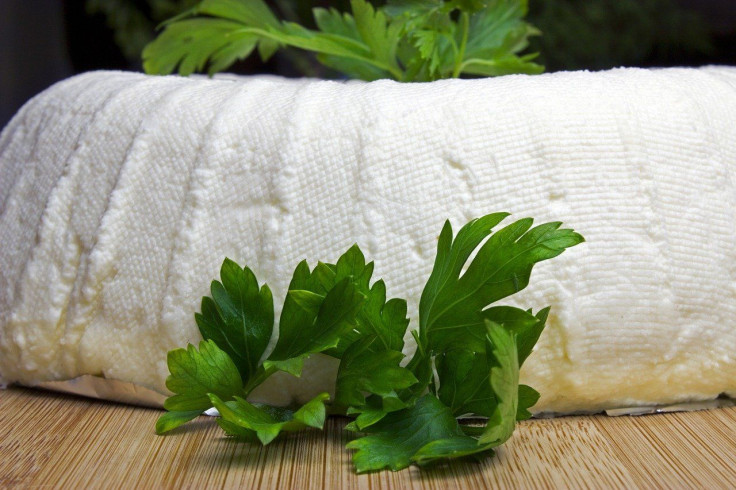Listeria Outbreak 2021: Investigation Links Illnesses To Cheese Products
KEY POINTS
- Seven people have fallen ill amid a listeria outbreak
- The outbreak has been linked to cheese products under three brand names
- Certain groups are more at risk of getting a serious listeria infection
Cheese products are now being linked to a listeria outbreak that has affected four states in the U.S.
New Jersey-based El Abuelito Cheese recently recalled several of its cheese products due to the possibility that they may be contaminated with Listeria monocytogenes.
"At this time, there is not enough evidence to determine if this outbreak is linked to El Abuelito Queso Fresco," the Food and Drug Administration (FDA) said in the earlier El Abuelito recall notice.
However, the Centers for Disease Control and Prevention (CDC) noted in an update that the illnesses have since been linked to the product.
"LISTERIA OUTBREAK UPDATE: Illnesses now linked to queso fresco sold under the brand names of El Abuelito, Rio Grande, & Rio Lindo," the CDC said in a tweet, sharing images of the affected products. "The company recalled all queso fresco with sell-by dates through 03/28/21. Do NOT eat, sell, or serve recalled queso fresco."
LISTERIA OUTBREAK UPDATE: Illnesses now linked to queso fresco sold under the brand names of El Abuelito, Rio Grande, & Rio Lindo. The company recalled all queso fresco with sell-by dates through 03/28/21. Do NOT eat, sell, or serve recalled queso fresco. https://t.co/O8WZ64wNB8 pic.twitter.com/ISdvgqu27a
— CDC (@CDCgov) February 20, 2021
The recall notice listed the names and UPC codes of the products affected by the recall.
Investigation details provided by the CDC also indicated that the company has since stopped producing and distributing the products.
According to the CDC, Connecticut officials found the listeria outbreak strain from the samples of El Abuelito brand cheese from a retail store where one of the people who fell ill bought cheese.
As the Connecticut Department of Public Health (DPH) explained, the samples were collected as a part of the investigation on the outbreak, which has so far affected four states and caused seven illnesses.
CDC investigation details also noted that four out of the five people who were interviewed reported eating queso fresco. One of them reported eating El Abuelito, while another consumed Rio Grande brand.
Stay Safe From Listeria
As the FDA explained, Listeriosis can be potentially serious in certain populations. Although people considered healthy may only experience short-term symptoms, children, the elderly and those who are immunocompromised may experience a serious or even fatal infection. Among pregnant women, a listeria infection may even cause miscarriages, stillbirths or an infection in the newborn.
To stay protected against a listeria infection amid the ongoing outbreak, the CDC recommends not eating the recalled cheeses and cleaning containers that may have held or touched the recalled cheese.
"Listeria can survive in the refrigerator and can easily spread to other foods and surfaces," the CDC said.
People should also contact their healthcare provider immediately if they experience adverse symptoms after eating recalled cheese. Symptoms may include confusion, convulsions, muscle aches. stiff neck, loss of balance, headaches and even common food poisoning symptoms such as fever and diarrhea.
It's worth noting that the symptoms of a listeria infection typically appear from one to four weeks after eating contaminated food, but they may also appear as late as 70 days after consumption.

© Copyright IBTimes 2025. All rights reserved.






















